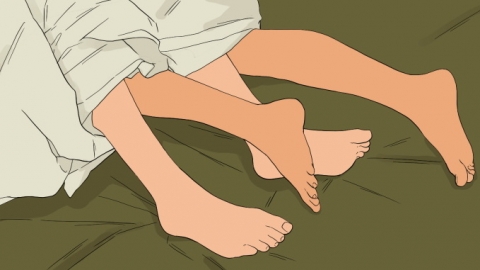How soon after sexual activity can HPV be detected?
HPV can typically be detected 4–8 weeks after sexual activity, by which time the virus has accumulated in the body to a detectable level. If the test result is positive or if you experience discomfort in the genital area, it is recommended to seek medical attention promptly.

After HPV infection, the virus needs time to replicate and proliferate within the body to reach a sufficient concentration for detection via nucleic acid testing or antibody testing. This process usually takes 4–8 weeks; testing too early may lead to false-negative results due to low viral load, making it difficult to accurately assess infection status.
It’s important to note that even with an initial negative test result, infection cannot be completely ruled out. In some individuals, viral replication may be slow, or the immune system may temporarily suppress the virus, delaying detection. Therefore, retesting after 3–6 months improves diagnostic accuracy, especially for individuals with multiple sexual partners who should pay particular attention to follow-up testing.
In daily life, maintain a regular sleep schedule, avoid excessive fatigue, strengthen your immune system to help clear the virus, practice safe sex, change undergarments regularly, and keep the genital area clean and dry to reduce the risk of viral infection and transmission.




